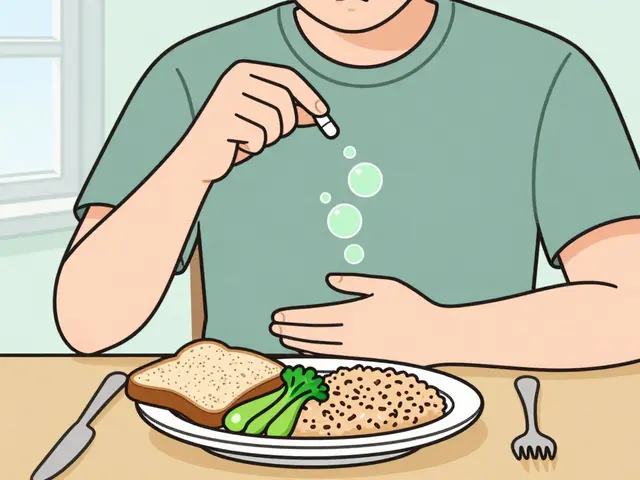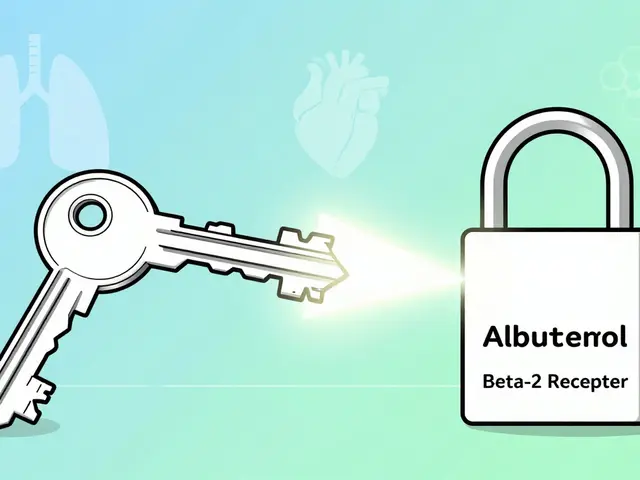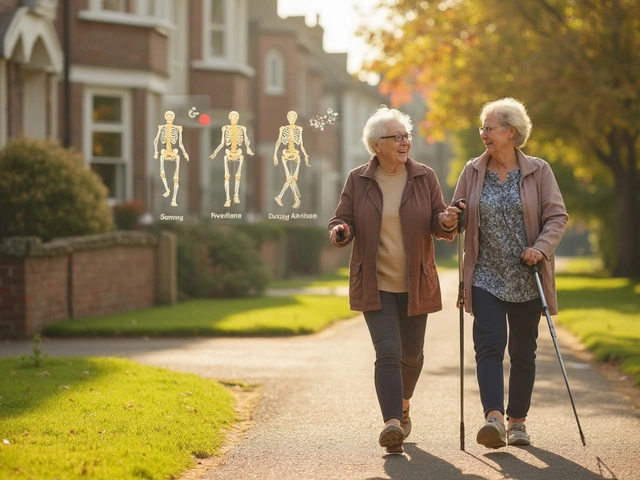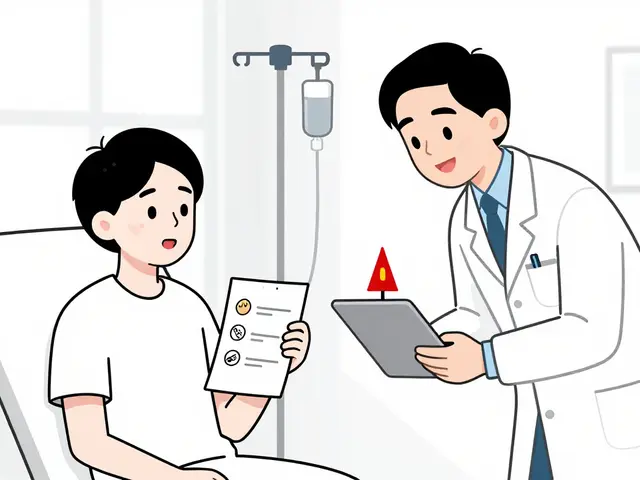Sleep health: simple, practical tips to sleep better tonight
Struggling to fall asleep or wake up tired? You’re not alone. The CDC recommends adults aim for 7+ hours, yet many of us fall short. This page gives plain, useful steps you can try tonight to improve sleep quality without complicated jargon or expensive gear.
Sleep hygiene basics that actually work
Set a consistent sleep window. Go to bed and wake up at the same times every day, even on weekends. Your brain learns patterns, and a steady schedule helps regulate your internal clock.
Make your bedroom a sleep zone. Keep it cool (about 60–67°F / 15–19°C), dark, and quiet. Use blackout curtains, a fan, or a white-noise app if needed. Reserve the bed for sleep and sex—avoid working or scrolling in bed.
Cut caffeine and nicotine after mid-afternoon. Both are stimulants that can stay in your system for hours. Alcohol might help you fall asleep faster but fragments sleep later, so it’s not a fix.
Limit screen time before bed. Blue light from phones and laptops suppresses melatonin. Try a 30–60 minute wind-down without screens—read, stretch, or practice slow breathing.
Watch naps. Short naps (20–30 minutes) can boost energy, but long or late naps can wreck nighttime sleep. If you nap, keep it early in the afternoon.
Quick fixes, treatments, and when to see help
Use bright light in the morning. Sunlight or a bright lamp for 20–30 minutes after waking helps set your circadian rhythm, especially if you’re waking groggy or working nights.
Exercise regularly but not right before bed. Moderate activity during the day helps sleep; intense workouts within an hour of bedtime can be stimulating.
Try short-term melatonin for jet lag or shift changes. Low-dose melatonin can help reset sleep timing, but it’s not a long-term cure for chronic insomnia. Talk to a pharmacist or doctor about dose and timing.
If you struggle nightly despite good habits, consider Cognitive Behavioral Therapy for Insomnia (CBT-I). It’s one of the most effective long-term treatments and focuses on changing sleep-related thoughts and behaviors.
Watch for signs of sleep disorders. Loud snoring, gasping, long pauses in breathing, or extreme daytime sleepiness could mean sleep apnea. Restless legs or frequent awakenings might need medical review. If your sleep problems affect your mood, work, or safety, see a sleep specialist.
Small changes add up. Pick one or two habits from this page—regular bedtime and a no-screens wind-down are good starting points—and stick with them for at least two weeks to see real results. Sleep health improves when you treat sleep like the priority it is.
Need more specific advice? Browse our guides on sleep aids, interactions, and safer medication use at PharmaServe. If you’re on meds already, check with your clinician before adding supplements or new sleep drugs.

College students often grapple with sleep disorders, which can have a significant impact on their academic performance. Despite being at a crucial stage in life where learning is paramount, many students find themselves unable to maintain a healthy sleep schedule. Causes vary from stress to poor lifestyle choices, but the effects are commonly negative, affecting grades, mental health, and quality of life. Recognizing and addressing sleep disorders can help students improve their performance and overall well-being.






